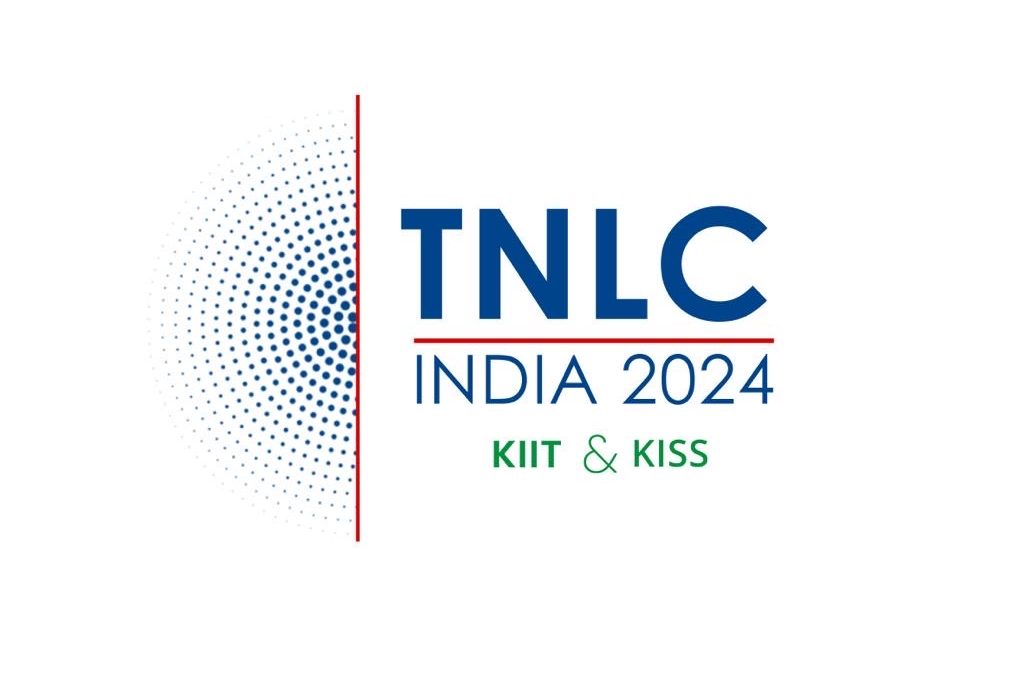TNLC2024: India

Introduction
University Transformation and Collective Action: Nurturing Equitable Futures through Inclusive Networks
The Talloires Network of Engaged Universities is delighted to announce that the 2024 Talloires Network Leaders Conference will be co-hosted by Kalinga Institute of Industrial Technology (KIIT) and the Kalinga Institute of Social Sciences (KISS) from 3-5 December 2024. KIIT and KISS are sister institutions that have developed an innovative model of university civic engagement. KIIT provides a percentage of its earnings to support KISS – a residential institution that provides free education, health care, and food to more than 30,000 indigenous children. KIIT and KISS are in Bhubaneswar, Odisha, India. Bhubaneswar is known as the “Temple City,” and is located on the east coast of India, south of Nepal, Bhutan, and Bangladesh.
We are living in turbulent and unpredictable times. There are deepening inequalities within and between countries. Polarization within and between countries continues to grow as disinformation and hate speech against the marginalized escalates. Many societies are witnessing attacks on public and human rights institutions as well as threats to democracy. Simultaneously, technological advances such as Zoom and WhatsApp allow us to come together, build lasting relationships, and share ideas and resources.
Our next major movement-building event will challenge the way we think about the historic role of universities in their communities, highlight examples of institutional transformation around the world, raise the voices of next generation leaders, create a framework for ethical AI, and explore how inclusive networks may play a role in advancing our common cause. Together, we will imagine a better future and identify the next steps on our collective journey.
TNLC2024 Sub-Themes
Addressing Historic Institutional Injustices and Harms to Repair and Heal
- In what ways have certain historical practices by universities caused harm in their communities and societies? In what ways have universities publicly acknowledged their historic role in their societies?
- In what ways are universities addressing historical injustices? How are universities contributing to create positive impacts in their communities and taking steps to repair harm?
Sharing Stories of University Transformation and Collective Action
- How are universities – individually and collectively – engaging with pressing challenges (climate change, war and conflict, public health emergencies, migration, and displacement)?
- How can university leaders take risks and harness university resources? What innovative approaches and initiatives for engagement are contributing to more equitable and inclusive societies?
- How might universities mobilize as frontline responders in their communities and regions?
Nurturing the Next Generation of Global Leaders and Engaged Scholars
- How can we nurture the development of intercultural competencies and prepare young people for active global citizenship?
- Which theories and capabilities are foundational to understanding and achieving equitable and inclusive societies?
- What innovative pedagogies are effective in preparing young people to operate effectively in highly uncertain and conflicted situations?
- How are universities supporting the use of evidence for public decision-making in local communities and higher levels of governance?
Harnessing Technology for Equitable Futures and Inclusive Progress
- How might universities use technology to adapt to a rapidly changing world to increase accessibility and promote diverse and creative ways of knowing?
- How can universities ethically integrate artificial intelligence into education while increasing access and inclusivity and supporting student learning and development?
- In what ways might universities equip students with the knowledge, resources, and skills needed to meet evolving technological landscapes and prepare them for the future?
Fostering Local Solutions and Inclusive Networks for Global Change
- How are universities fostering constructive community engagement and deliberation in a global context of increasing polarization, social conflict and decreasing civility?
- How can university networks become more responsive to community needs and promote continuous collaboration and knowledge co-creation with communities?
- How can universities redefine their role as civic actors and contribute to achieving increased higher education enrolment among refugees?
- How have universities engaged with each other to teach civic engagement internationally and across institutions?